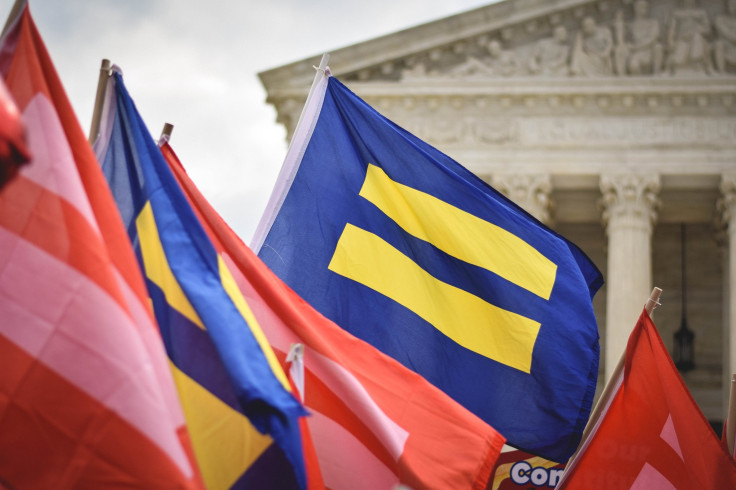
The Supreme Court ruled that the Civil Rights Act of 1964 known as Title VII also protects LGBTQ+ people from discrimination in employment. Decided by a 6-3 vote, the conservative court condemns bias against workers based on their sexual preference.
“An employer who fires an individual for being homosexual or transgender fires that person for traits or actions it would not have questioned in members of a different sex. Sex plays a necessary and undisguisable role in the decision, exactly what Title VII forbids,” Justice Neil Gorsuch wrote for the court, as reported by AP.
However, Justices Samuel Alito, Brett Kavanaugh and Clarence Thomas dissented. “The Court tries to convince readers that it is merely enforcing the terms of the statute, but that is preposterous. Even as understood today, the concept of discrimination because of ‘sex’ is different from discrimination because of ‘sexual orientation’ or ‘gender identity,’” Alito wrote in a dissent.
According to the publication, the decision is expected to have a big impact on the over 8 million LGBTQ+ workers across the nation especially since most states don’t protect them from workplace discrimination.
© 2025 Latin Times. All rights reserved. Do not reproduce without permission.






